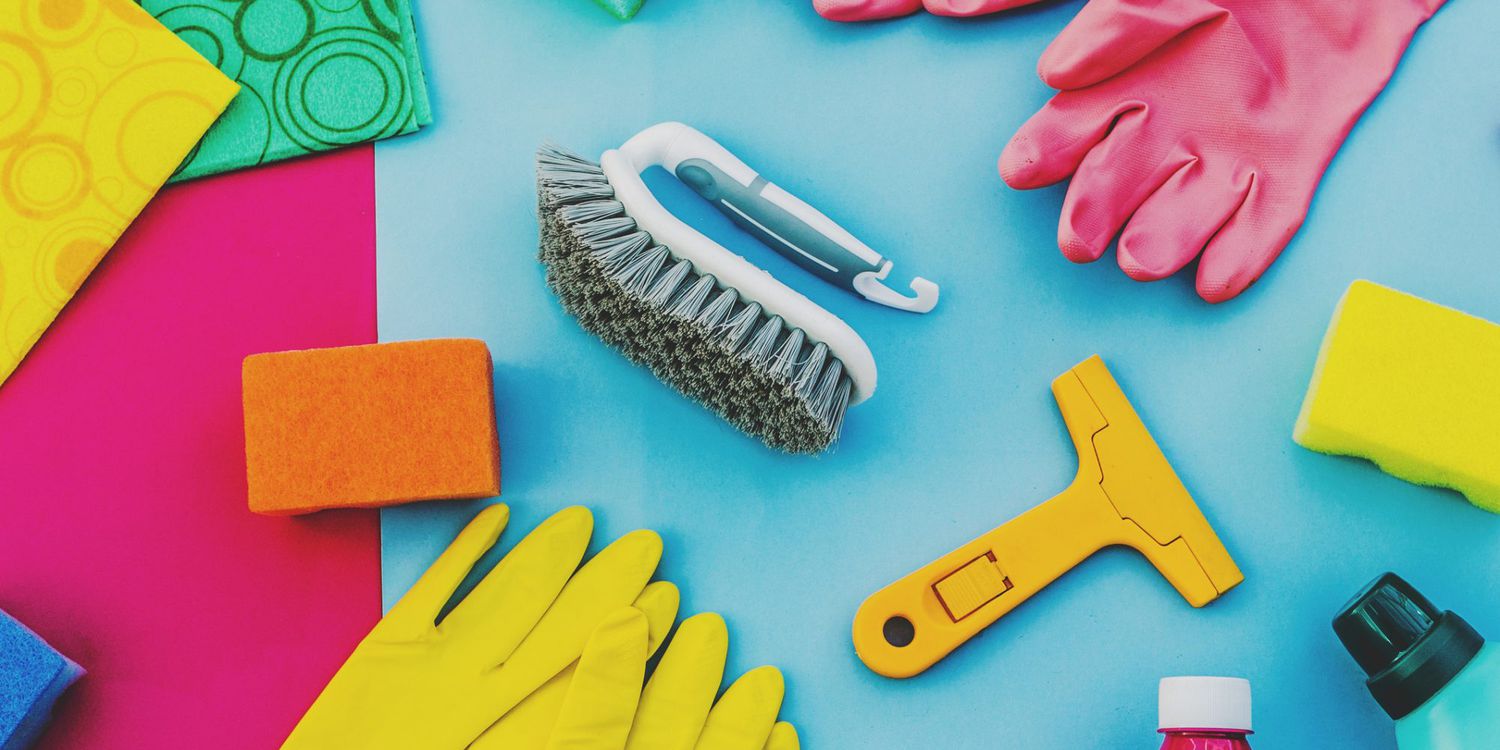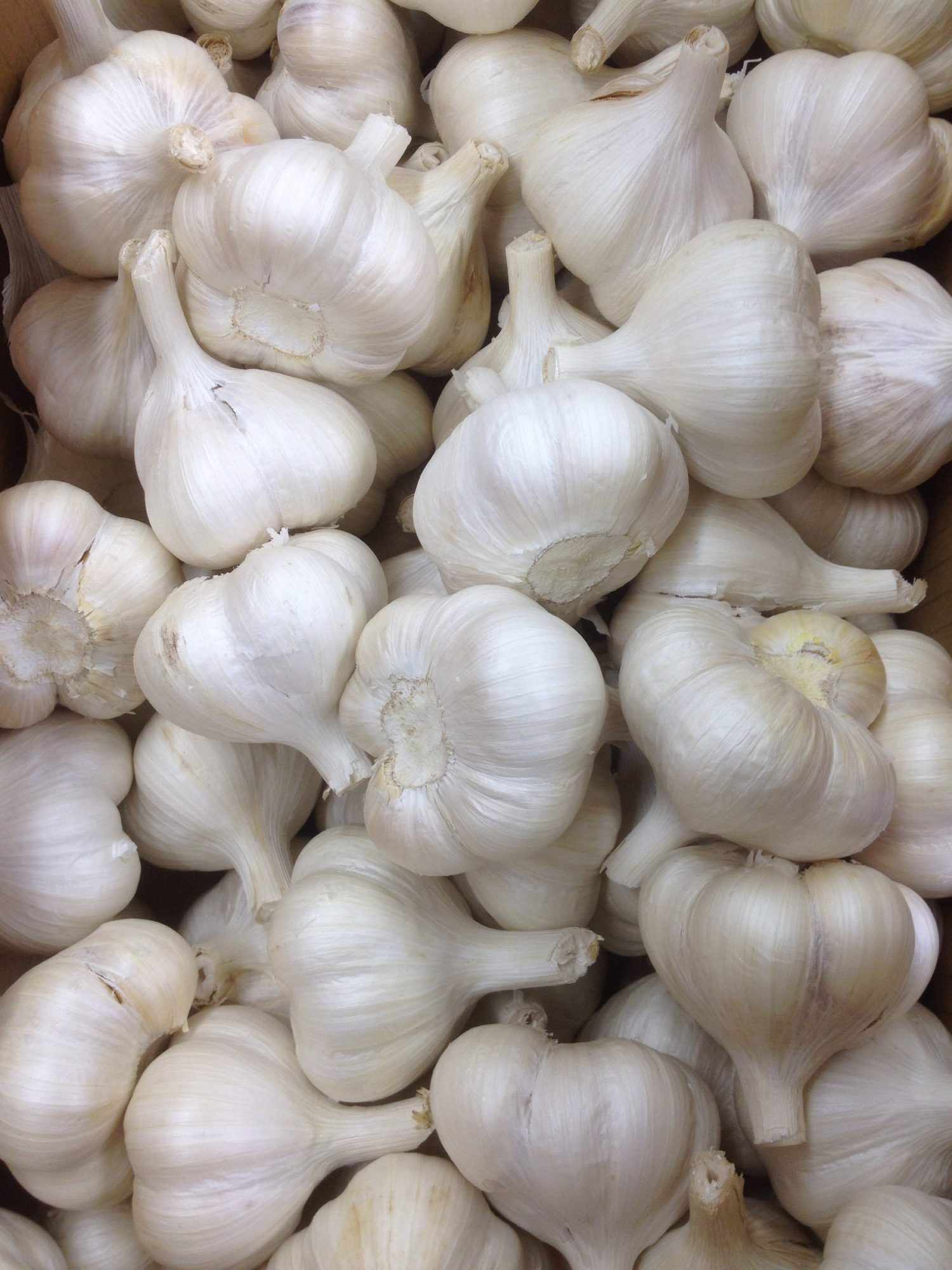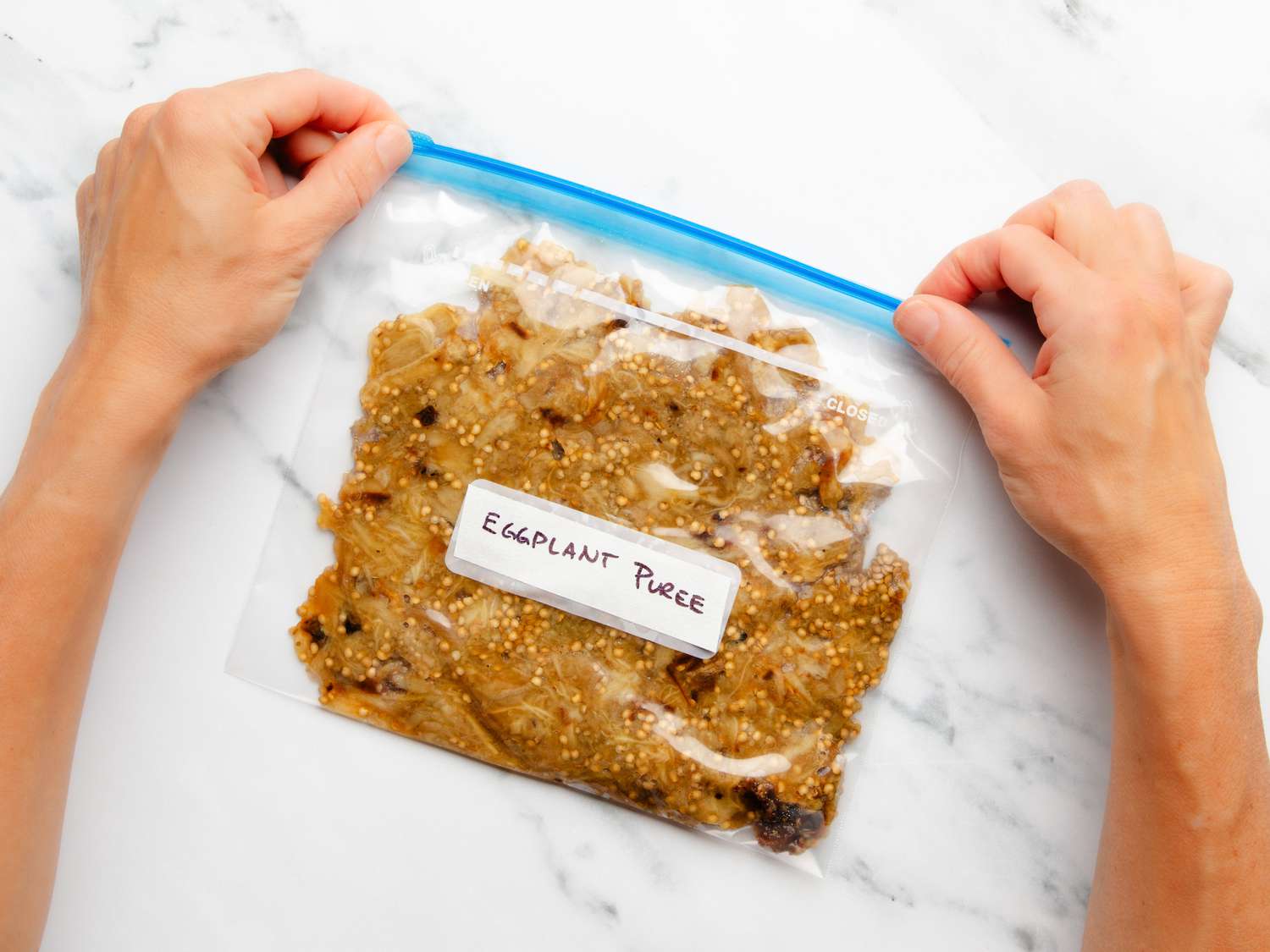In the restaurant world, health inspectors make sure that every commercial kitchen is in tip-top shape to prevent any illness. If you live in a city with a grading system, you ensure that the restaurant has a letter “A” hanging in the window. What if someone told you that you could get a foodborne illness from your own home kitchen? According to a study, about 9% of foodborne illnesses reported are from home kitchens.
Home kitchens are quite vulnerable to contamination in many ways. They are the perfect environment for bacteria. There’s moisture, heat, and raw materials being handled every single day (depending on your cooking frequency). We have all seen videos and articles about how to make sure that your kitchen is free from filth, including the very instrument you use to clean it, the sponge. No matter which technique you use to clean your sponges, there are plenty of other things to worry about. Thought the sponge was the culprit to kitchen contamination? Think again!
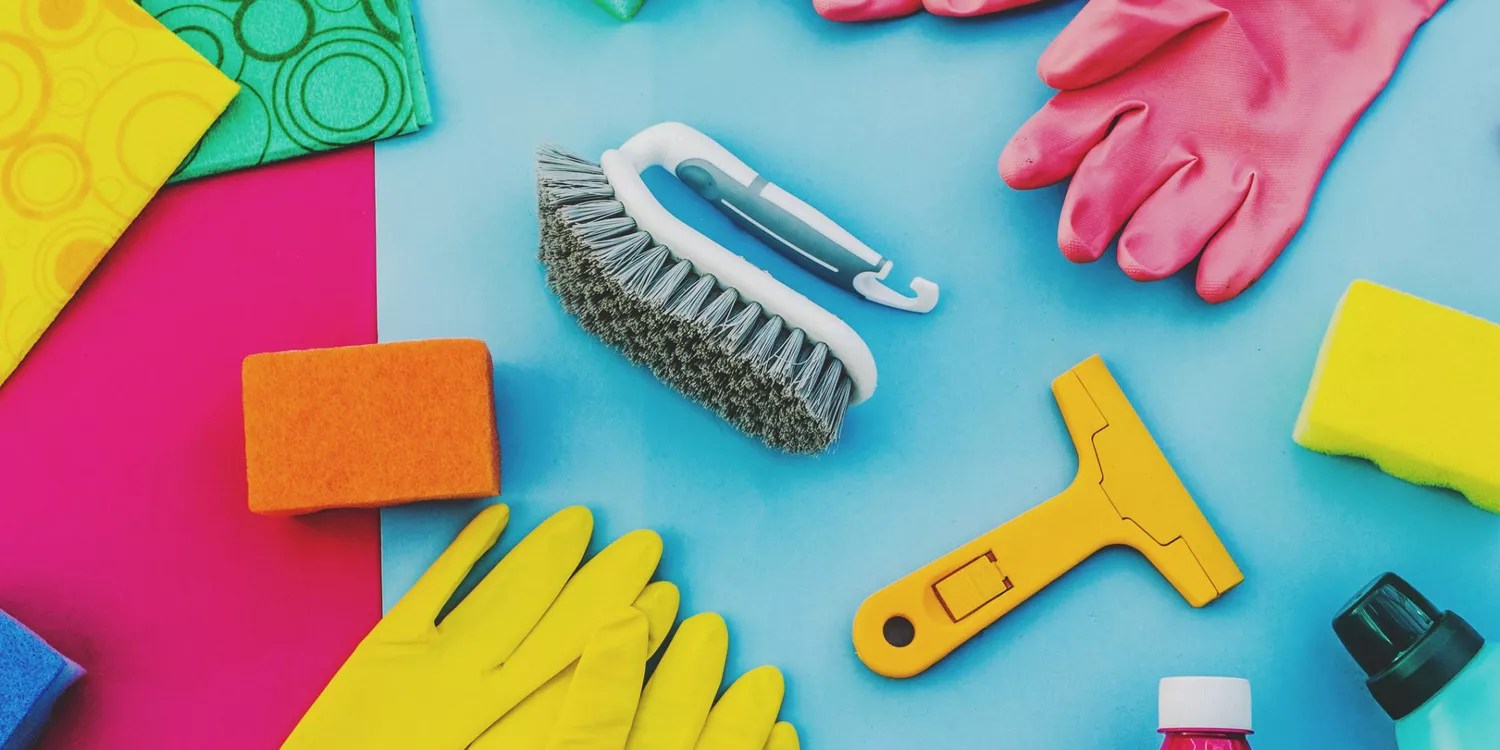
Why the Kitchen Towel Is the Germiest Thing in Your Kitchen
Did you know your very own kitchen towel can be one of the dirtiest things in your kitchen? Yes, according to a study done by the NSF (National Sanitation Foundation), that slightly damp, discolored, (French Bulldog printed), piece of fabric hanging from your oven handle can be a vehicle for cross-contamination.
Think about it, you are constantly touching food and then wiping your hands on the towel. You use that same towel to wipe a small spill on the counter. You go to wash your hands and guess what, you are wiping your hands on that same towel once again. One study collected 100 kitchen towels, and almost 50% of them were found to have bacterial growth. But don’t worry! There are some ways to reduce the risk.
How to Reduce the Risk of Contaminated Dish Towels
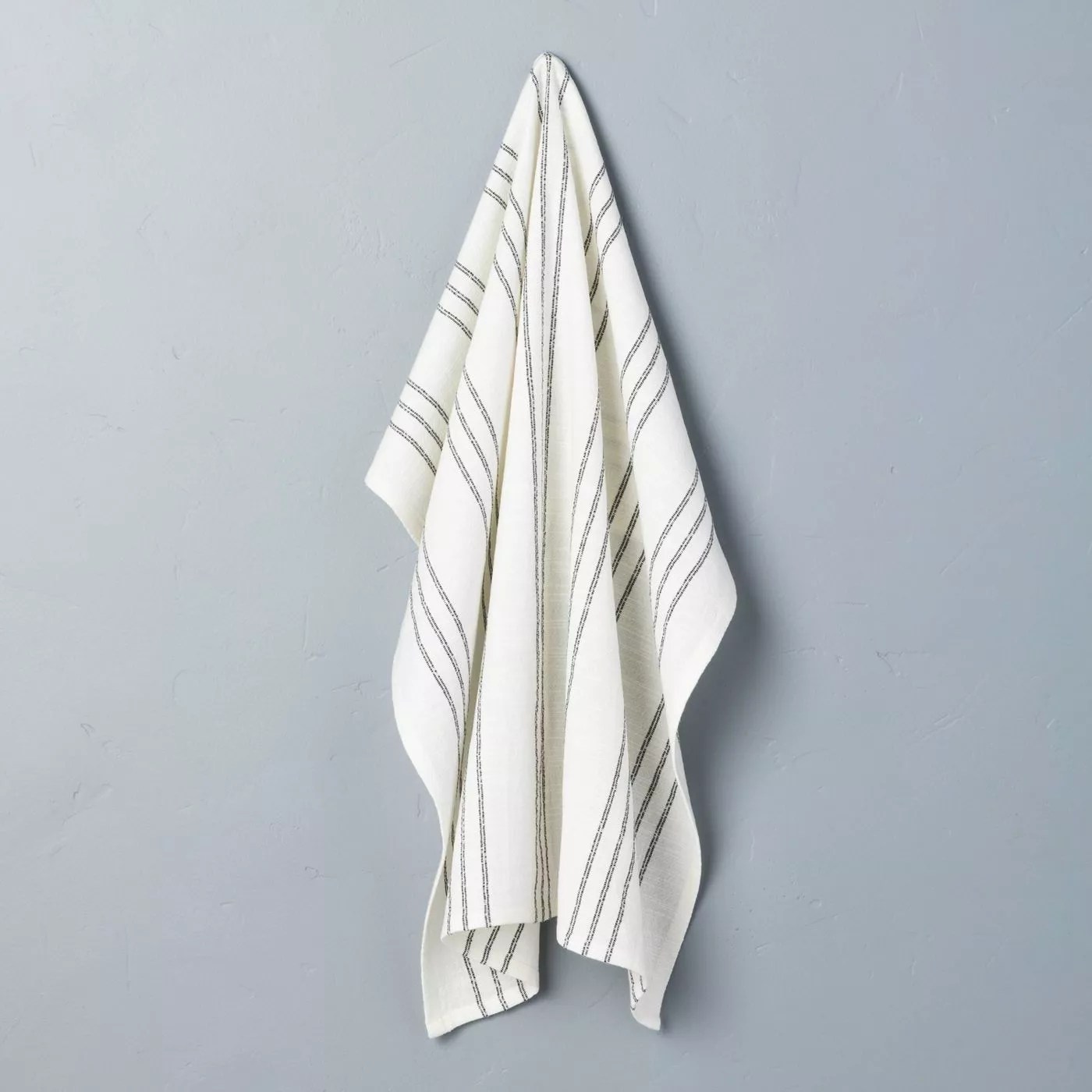
Exchange Them Frequently
The recommendation is to change out your kitchen towels daily. If you have the space, stash a pile of kitchen towels, one for each day of the week. A great thing about this is, kitchen towels aren’t incredibly expensive. Of course, if you are not a frequent cook, you can skip a day or two if the towels have not been used.
Wash Them
As soon as you change out your towel, place the used one in the dirty laundry. Make sure to wash them on the hot setting and dry them on high.
Reach for the Paper Towels
If there is a spill on the counter, reach for the paper towels to clean instead of cloth towels. This is very important for cleaning up raw meat residue. Yes, the thought of affecting the environment may cross your mind, but saving yourself from foodborne illness is important too.
Air Dry Your Dishes
If you are washing your dishes the old-fashioned way, you may be prone to dry them with a towel. Well, this may be the quick way to dry your dishes, but it can contaminate them. Try air-drying your dishes upside down with plenty of room on a dish rack.
Wash Your Hands
Always remember to wash your hands frequently. Warm water, anti-bacterial hand soap, and a good birthday song serenade will do the trick in making sure your hands are clean every time.

